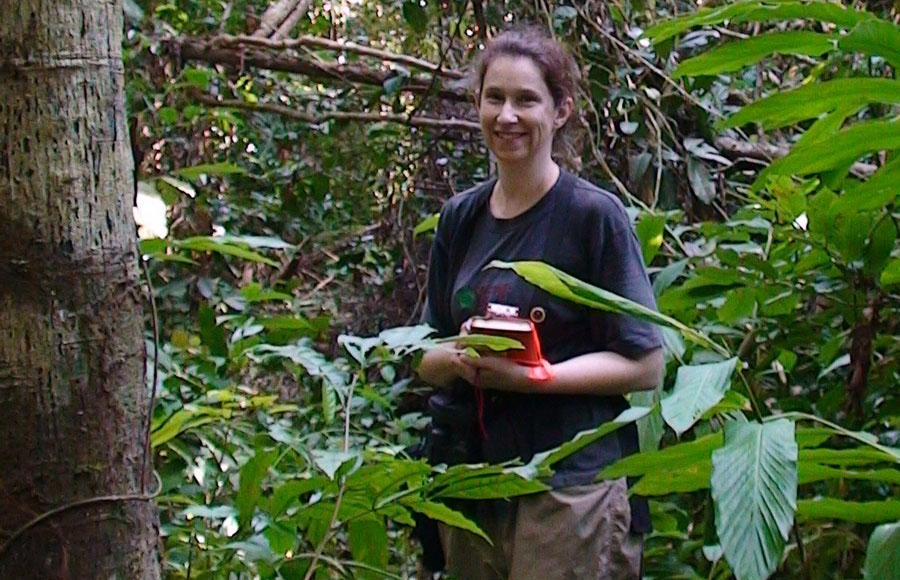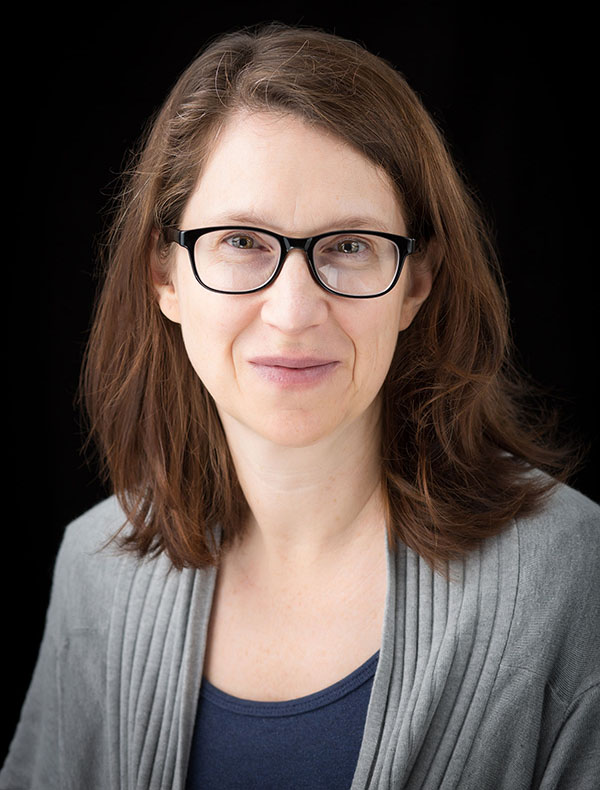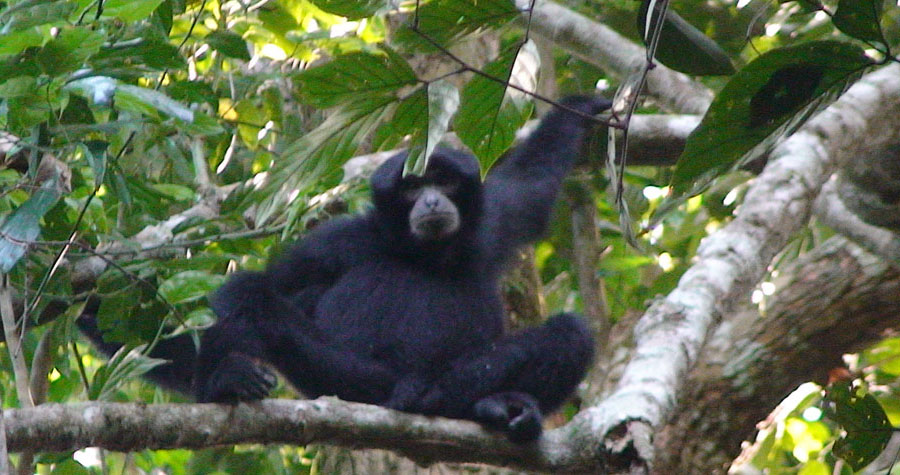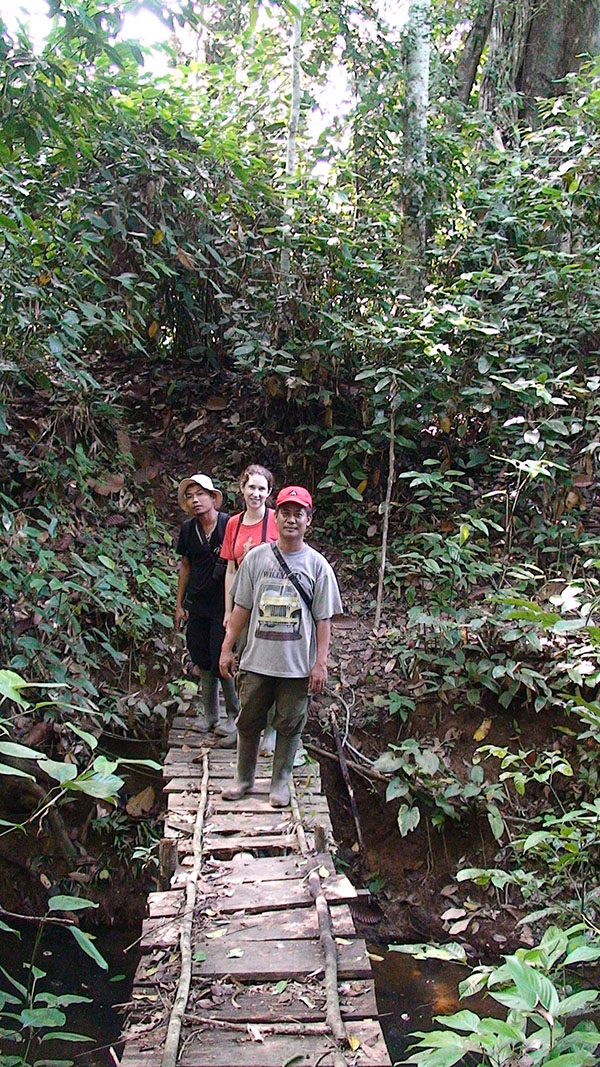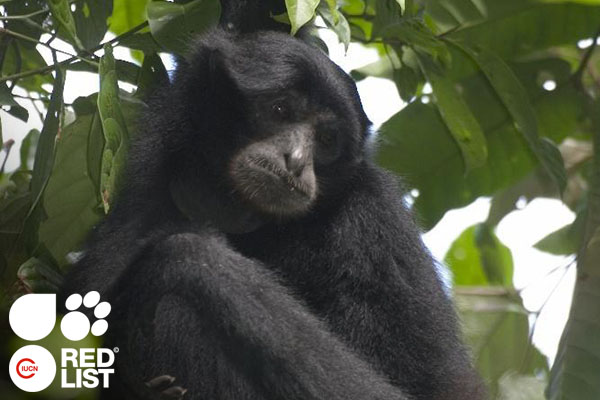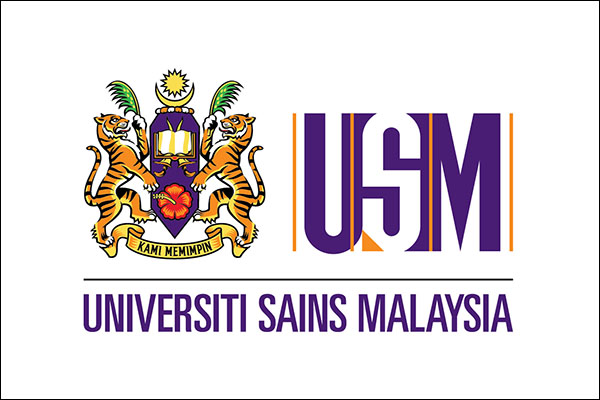BOONE, N.C. — Found only in Sumatra and peninsular Malaysia, an endangered primate known as the siamang is at risk of extinction because of loss and degradation of habitat from industrial development and agriculture. Siamangs and other gibbons, however, may be able to survive in human-altered landscapes – so it is important that scientists carefully assess the suitability of different habitat types for conservation management.
Appalachian State University’s Dr. Susan Lappan is working to save these creatures and their ecosystem. After researching siamangs in southern Sumatra since 2000, she received a Fulbright Scholar Award for the 2017-18 academic year for a research project titled “Conservation of the Malaysian Siamang in a Changing World.”
Her 10-month grant, in collaboration with the School of Biological Sciences at the Universiti Sains Malaysia, will involve the first systematic survey of siamangs across Malaysia in over 30 years.
What the Fulbright Scholar Award allows her to do
Lappan and her research partners will conduct surveys in protected areas and unprotected forest fragments to determine which forests still have viable populations of siamangs, and to develop a more comprehensive estimate of their population in Malaysia. This information will help determine how habitat characteristics affect siamang population densities and to identify the most important sites for conservation.
Lappan also aims to create momentum for a gibbon conservation movement in the area. Working with government agencies, such as the Malaysian Department of Wildlife and National Parks, local universities and non-governmental organizations like the recently formed Malaysian Primatological Society, Lappan hopes to increase local interest in and knowledge about gibbon conservation, and to develop a feasible plan of action to ensure the future of the Malaysian siamang.
The extended stay in Malaysia also will allow her to develop relationships with Malaysian primatologists and conservation professionals, while working with the next generation of Malaysian primatologists and conservationists to maximize the impact of her research within the area.
The siamang’s ecological and cultural importance
Lappan is turning her attention to Malaysia because, she said, “almost no information is available about the current status of siamangs in peninsular Malaysia.” Yet, it’s greatly needed. Peninsular Malaysia contains some of the oldest forested areas in the world, she said, but approximately half of the original forest has been converted to other land uses.
“Research at many sites has shown that siamangs and other gibbons are important components of functioning ecosystems as ecological competitors, plant predators and seed dispersers,” said Lappan. “So the loss of siamangs from any ecosystem that they have inhabited for millennia is likely to lead to a cascade of additional negative impacts. The need for information about Malaysian siamangs is not simply a point of academic curiosity but rather a point of vital conservation interest.”
The species also has cultural importance, Lappan said. “Because of their charisma and beautiful songs, siamangs are featured in Malay folktales and are important to local culture… The haunting beauty of gibbon songs has inspired composers to write music based on their songs and been recognized in the proverb, ‘if you kill a gibbon, you leave seven lonely rivers.’”
Lappan said she feels “incredibly privileged to have had the opportunity to spend time with them in their natural habitat, to hear their songs floating through the early morning air, and to experience the singular thrill that comes from that first glimpse of these incredible acrobats moving through the trees… Gibbons have long, powerful arms and graceful, hook-like hands that make them the world champions at arm-swinging locomotion. Despite being fairly small, 5-11 kg, they can travel through the forest canopy so quickly it almost seems as if they are flying.”
She added, “The Fulbright Scholar Program, by supporting international exchange and cooperation, creates opportunities for scholars from the USA and overseas to develop deeper understanding of other cultures and people, to build relationships, and to initiate productive conversations about difficult problems. I am grateful for the opportunity to work toward these goals in Malaysia and after I return home.”
As a follow-up to the grant, Lappan and colleagues at Universiti Sains Malaysia and the University of Texas-San Antonio are also developing a five-year plan to continue the work they are starting.
What do you think?
Share your feedback on this story.
About the Department of Anthropology
The Department of Anthropology offers a comparative and holistic approach to the study of the human experience. The anthropological perspective provides a broad understanding of the origins as well as the meaning of physical and cultural diversity in the world — past, present and future. Learn more at https://anthro.appstate.edu.
About the College of Arts and Sciences
The College of Arts and Sciences (CAS) at Appalachian State University is home to 17 academic departments, two centers and one residential college. These units span the humanities and the social, mathematical and natural sciences. CAS aims to develop a distinctive identity built upon our university's strengths, traditions and locations. The college’s values lie not only in service to the university and local community, but through inspiring, training, educating and sustaining the development of its students as global citizens. More than 6,800 student majors are enrolled in the college. As the college is also largely responsible for implementing App State’s general education curriculum, it is heavily involved in the education of all students at the university, including those pursuing majors in other colleges. Learn more at https://cas.appstate.edu.
About Appalachian State University
As a premier public institution, Appalachian State University prepares students to lead purposeful lives. App State is one of 17 campuses in the University of North Carolina System, with a national reputation for innovative teaching and opening access to a high-quality, cost-effective education. The university enrolls more than 21,000 students, has a low student-to-faculty ratio and offers more than 150 undergraduate and 80 graduate majors at its Boone and Hickory campuses and through App State Online. Learn more at https://www.appstate.edu.
